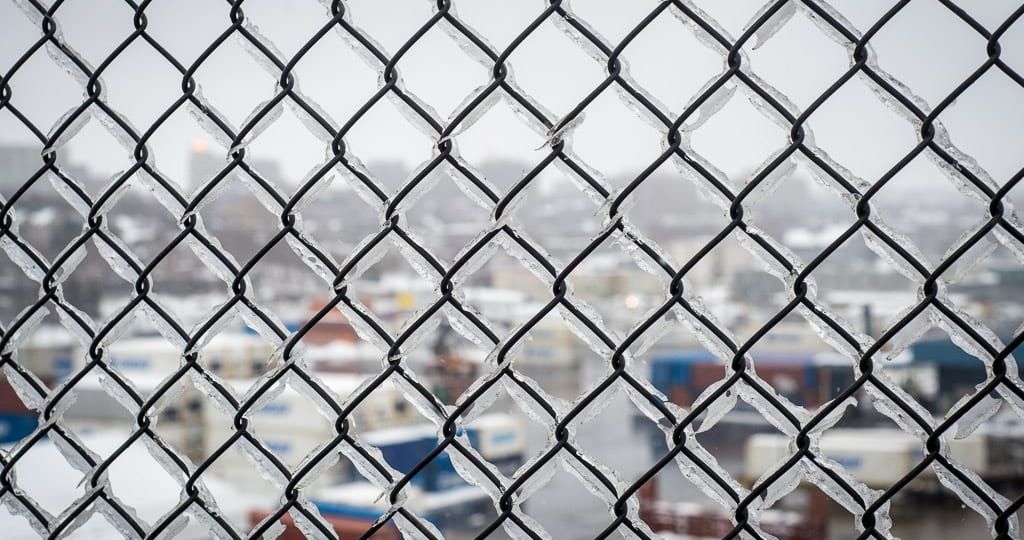
As the homeless population in America’s major cities has increased over the last decade, many politicians have made efforts to combat the issue by criminalizing it. The National Law Center on Homelessness and Poverty reported over 50 cities that impose ordinances against loitering, camping, begging and sleep- ing in public. New York, Denver, Honolulu and several other major cities in the U.S. have imposed a strict “urban camping ban” as a way to protect tourism. Recently, the city of Boise, Idaho was prosecuted for criminalizing people sleeping in public.
Earlier this year, the Department of Justice deemed that in areas where there is a lack of shelter, any effort to criminalize sleeping in public would be unconstitutional. The Eighth Amendment protects people who sleep in public when there is no alternative available. The plaintiffs who filed the lawsuit in 2009 were homeless people convicted under the city’s sleeping ban ordinance.
The DOJ’s ruling took effect immediately and was applied to all cities in the nation. Municipalities across America have adhered to the new ruling and reconsidered their homeless policies, specifically their anti- camping and anti-sleeping bans. Before the ruling, homeless people could find many of their daily activities labeled crimes, whether that activity be loitering, pushing carts or even taking a nap. New Orleans banned obstruc- tions such as tents and shopping carts in pub- lic spaces. In states like California, Arizona and Utah, “no camping” signs are prevalent and can be easily spotted on any street.
The motivations for these anti-homeless- ness laws are economically motivated. Large cities are pushed to allow large corporations to advertise in public spaces, effectively mak- ing many areas into tourist attractions. These wealthy areas have a would rather have a suc- cessful tourist business than allow their fellow citizens to sleep on the streets. In what seems like common sense, the rul- ing of the DOJ, “people should be able to sleep on the street when they have no other choice,” wakes America up to a moral question: Why do we push the homeless into shelters or pun- ish them for being visible in public? There are also many whose efforts to get the homeless off the streets stem only from an attempt to clean the streets cosmetically.
Peter Marin comments regarding this effort in his book Helping and Hating the Homeless, saying “Compassion is a little more than pas- sion for control.”
Despite new ordinances, set to help the homelessness problem, the issue is still one of the most prevalent and difficult issues in most American cities. Though attempts may be well-intentioned, these new policies serve only to veil the reality of the situation. With nowhere else to go, the homeless will be pushed out of the streets even further, and be forced into shelters or the very outskirts where safety is an even larger issue.
Jenny Dao ’17 (dao@stolaf.edu) is from Ho Chi Minh, Vietnam. She majors in political science and economics.

